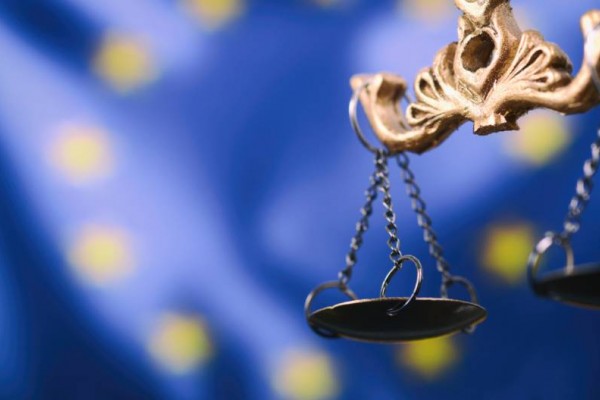The Court of Justice of the European Union (CJEU) has ruled in Case C-203/22 that individuals have the right to understand the "procedure and principles actually applied" in making automated decisions under Article 15(1)(h) of the EU General Data Protection Regulation (GDPR).
The CJEU ruled that this includes clarifying the types of personal data used and in what capacity in the automated decision-making process. Interfering trade secrets must be disclosed to the court or data protection authority (DPA) so that they may determine the extent of the data subject’s right of access.
The case relates to a decision by an Austrian court, which found Dun & Bradstreet violated the EU General Data Protection Regulation (GDPR) after it failed to provide a customer with "meaningful information about the logic involved" in an automated decision. The company argued that sharing this information would require disclosing protected trade secrets.
Additional legal analysis by Inside Privacy.

What is this page?
You are reading a summary article on the Privacy Newsfeed, a free resource for DPOs and other professionals with privacy or data protection responsibilities helping them stay informed of industry news all in one place. The information here is a brief snippet relating to a single piece of original content or several articles about a common topic or thread. The main contributor is listed in the top left-hand corner, just beneath the article title.
The Privacy Newsfeed monitors over 300 global publications, of which more than 5,750 summary articles have been posted to the online archive dating back to the beginning of 2020. A weekly roundup is available by email every Friday.
